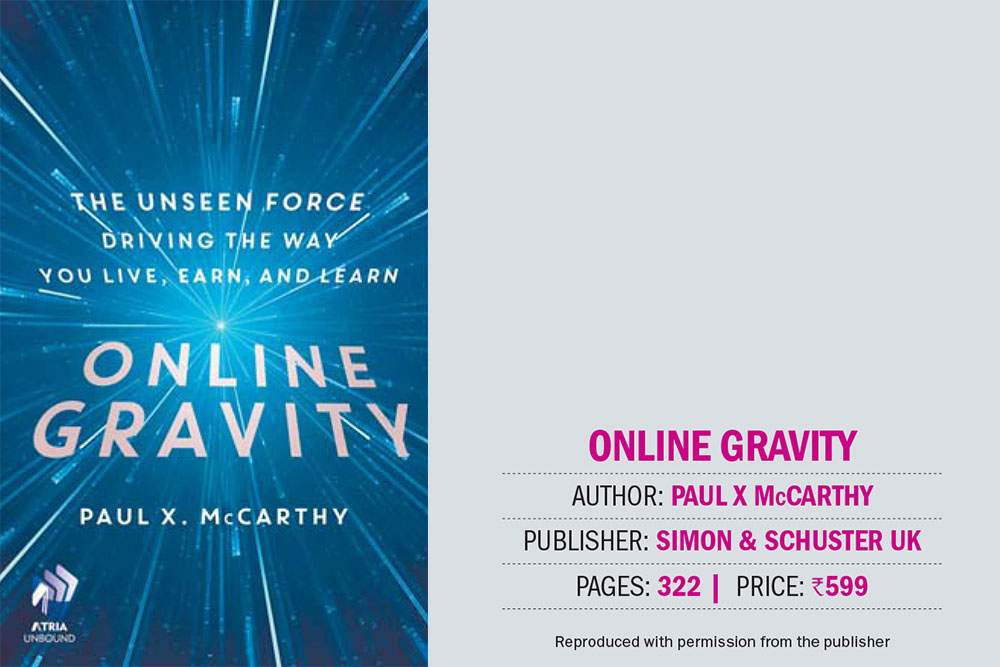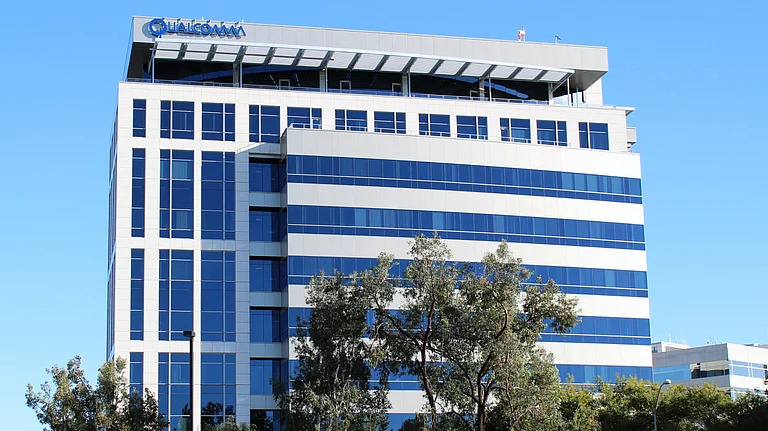In most traditional industries today, global competition thrives. And typically, in each market within each industry, there are leaders, challengers and multiple niche players who can coexist and compete yet still make a good living....
However, in online markets, the picture is quite different. For example, in the market for social media, one company, Myspace, was established in 2003 and became the clear global leader in 2006....
But Facebook, which was established in 2004, was gaining on its rival, and in April 2008 it overtook Myspace in terms of traffic and users, decimating its audience and its ad-derived revenue. By August 2008 Facebook had rocketed past 100 million users (MySpace peaked at about 80 million users). Once ahead, Facebook went on to continue to grow and vanquish its rival and command almost complete control of the entire category, creating the first and only $100 billion player in social media. News Corp then sold Myspace in June 2011 to a private company called Specific Media Group and Justin Timberlake for approximately $35 million.
Myspace was the clear leader and pioneer, yet today it has been relegated to a niche player. As the market had yet to mature, users were still in a mood to shop around and the door was still open for Facebook to overtake and dominate the market. By 2012 their network had grown to be used by over 1 billion active users worldwide.
Online Gravity loves big winners because businesses online share three fundamental characteristics: they are digital, connected in a network and increasingly global. These three characteristics create this effect for the following reasons:
• Switching costs due to digitisation can be high – the digital part means there’s a tendency towards standardisation to support interconnection with other systems and its users. Technology standards, once adopted, have a tendency towards ‘lock-in’, so it becomes hard or very expensive to switch. This applies to people (‘Do I really want to learn how to use a new word-processing program even if it is better?’) as well as the systems themselves (‘I’ve got an Xbox so I’ll keep buying Xbox games – if I bought a PlayStation, I couldn’t play my old Xbox games on it’).
• Bigger networks are more valuable for new customers and so become larger and larger. For many businesses, choosing to be part of a bigger network makes sense, whether it’s choosing a ride-share system such as Uber, a professional social network such as LinkedIn or a holiday-house rental marketplace such as Airbnb.
• A business that can serve everyone around the world online will do so and defeat businesses confined to one country or locality. This is because they can spread their fixed costs across a global revenue base and in turn attract and pay top dollars for the best talent on the planet to do the job better.
This law explains why, once mature, markets online tend towards a stable state of equilibrium involving one planet-sized gravity giant like Facebook with no direct competitors, surrounded by smaller niche satellite players like Twitter, Instagram and WhatsApp.
What we don’t find online is the more familiar pattern ‘offline’ of a leader like Coca-Cola and a major rival like Pepsi Cola. Were it not for the influence of Online Gravity – the MySpace vs Facebook dual could have ended differently and MySpace today would be a highly profitable and credible global rival also worth over $100 billion.... Instead MySpace is a now a specialist online music company less than 100th the size of the Dr Pepper Snapple Group.
This led me to the shorthand expression for the result of this law that explains ‘Why there is no Pepsi in cyberspace’ – meaning why there are no Pepsi-like businesses that are global, profitable and challengers to the leader.











